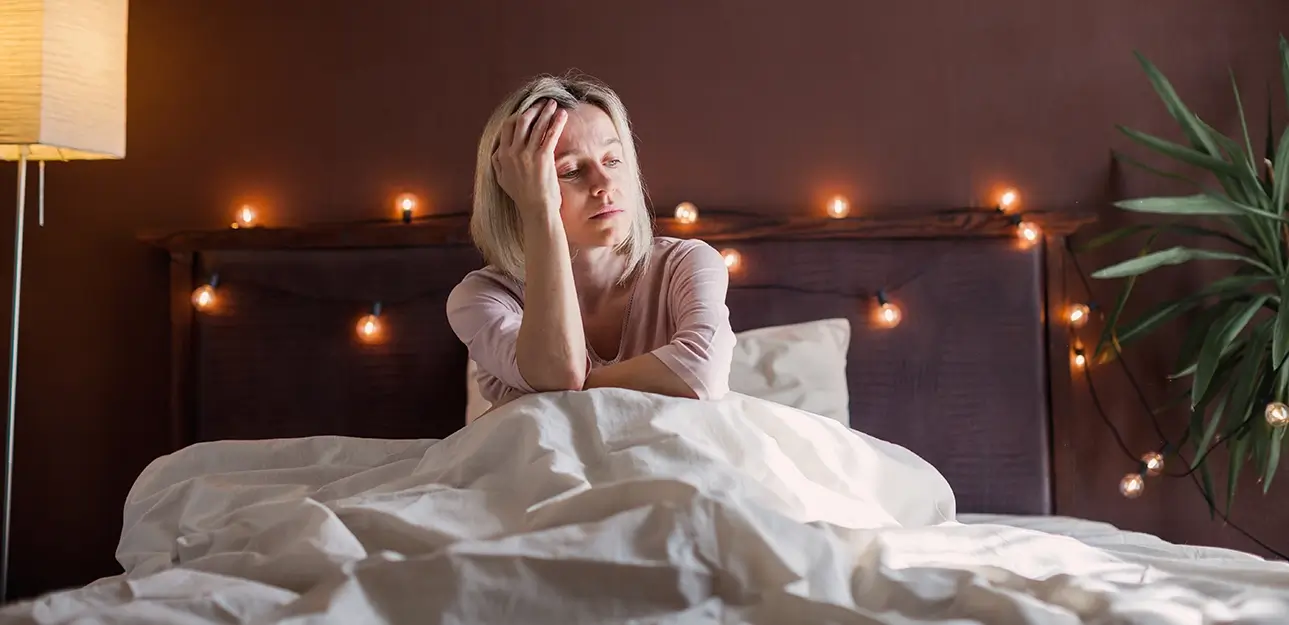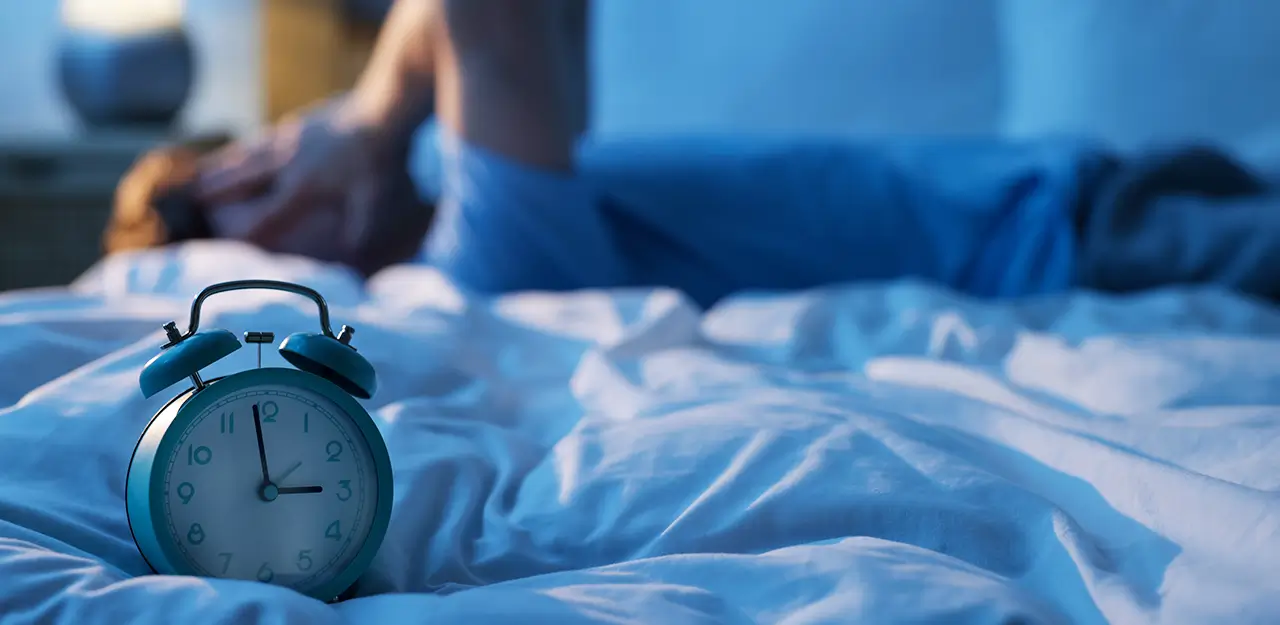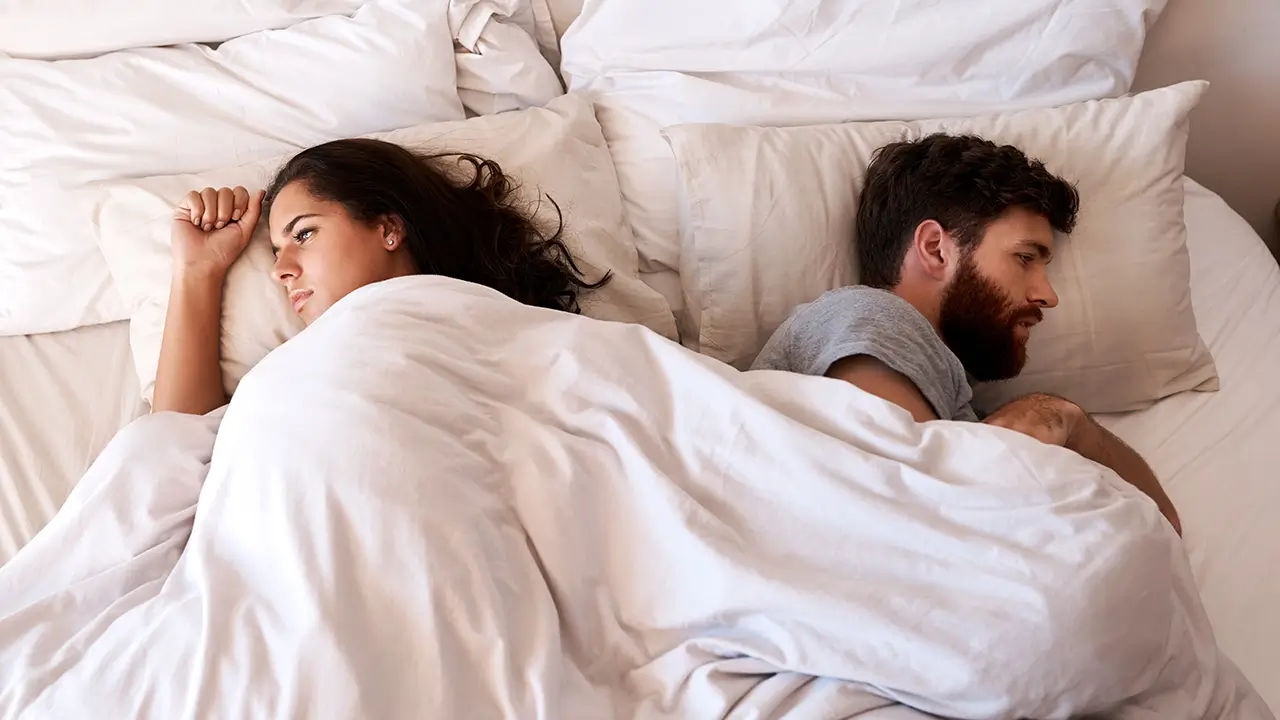
Sleep experts reveal how to wake up feeling refreshed as the clocks change
October doesn’t just bring Halloween, chillier mornings, and the excitement of Christmas, it also brings an extra hour in bed as the clocks change on the last Saturday of the month.
In a bid to make the most of the light in the mornings, the clocks go back an hour every October – this year falling on the 26th, and officially marking the end of British Summer Time (BST).
While the idea of an extra hour in bed is appealing, the shift can disrupt the body’s natural rhythm, leaving you feeling groggy instead of refreshed.
To help you make the most of this extra hour and start the day feeling fresh, our sleep team has highlighted how you can quickly get your body back in rhythm.
Adjust your sleep beforehand
Adjusting your sleep in the days running up to the clocks changing can help you adjust to the time change. While the clocks only change by 60 minutes, it can have a significant impact on how you feel. Heading to bed 20 or 30 minutes later for a day or two before they change can work wonders for helping you adjust to the new time
Get up when you wake up
When the clocks go backwards, you will find yourself waking up an hour earlier. And with it being a Sunday, it can be tempting to roll over and get another 40 winks. But that is one of the worst things you can do. When your body wakes up naturally, that’s its way of telling you it is sufficiently rested. Going back to sleep can actually have the opposite effect and leave you feeling more tired than before.
Get Some Natural Daylight
You may find that you wake up earlier the day after – either due to your natural body clock or the daylight peeking through your curtains. If you find you’ve had less sleep, despite the additional hour, it’s a good idea to head outside as soon as you can, to capture some of the natural daylight. Natural daylight provides a natural wake-up signal for your body, helping you to feel more awake. While this is important year-round, it is especially important as the days get shorter.
Create the perfect sleeping space
Your environment plays a large part in how you sleep – and how you get to sleep. And when the clocks change, getting to sleep quickly is even more important. While there are steps you can take to make you nod off quicker, it is very much down to personal preference.
However, as a general guide, it is advised to avoid electronics and blue light for an hour before bed, limit caffeine consumption in the afternoon and evening, reduce the amount of light entering the room, and ensure the room temperature isn’t too hot or too cold (between 16 and 18 degrees is often advised). It is also generally advised to keep noise to a minimum, however, some people do prefer to sleep with gentle music playing. If you are struggling to fall asleep, it can be a good idea to try different routines so you know what works for you.
Stick to a sleep routine
Having a lie in during the weekends might sound like bliss, but the truth is that sticking to a routine is the best way to ensure you get good quality sleep. If possible, try to go to bed and wake up at approximately the same time every day – and aim for between 7 and 8 hours of sleep per night.
Limit naps
It can be tempting to have a nap when we’re feeling less than fresh – especially as the sun sets earlier in the autumn. And while a short nap of 20 minutes has been proven to help us, napping too much or for too long can significantly impact our bodies and stop us from getting a good night’s sleep and impact us for days.
If you’re struggling to get a full night’s shut eye, we have lots of sleep tips designed to help you drift off and sleep soundly.
Our in-house Sleep Expert James Wilson, The Sleep Geek, has an extra tip;
“My advice around this is not to worry about the clocks changing too much, as it is the worry about this event that stops us rather than the event itself. Many of us have more than an hour lay-in at the weekend, so waking up at a different time won't really impact us too much, and it is the clocks changing - not your sleep schedule - so you will roughly get the same amount of sleep, your clock will just have a different time on it.“
James Wilson, The Sleep Geek
About our Team
PR professional and ex-broadcast reporter, Sharon combines 20 years of experience to highlight a wide variety of lifestyle topics related to sleep and wellbeing.
Drawing on personal experience and decades in the sleep industry, James offers practical advice to help you sleep better as the founder of Kipmate and a trusted voice in sleep health.
Related Articles
It’s not you, it’s your mattress – how your bed can ruin your sex life
Sales Enquiries
Mon-Sat: 9:30am - 5:30pm
Sunday: 10am - 4pm
Customer Service
Mon-Sat: 9:30am - 5:30pm
Sunday: 10am - 4pm












